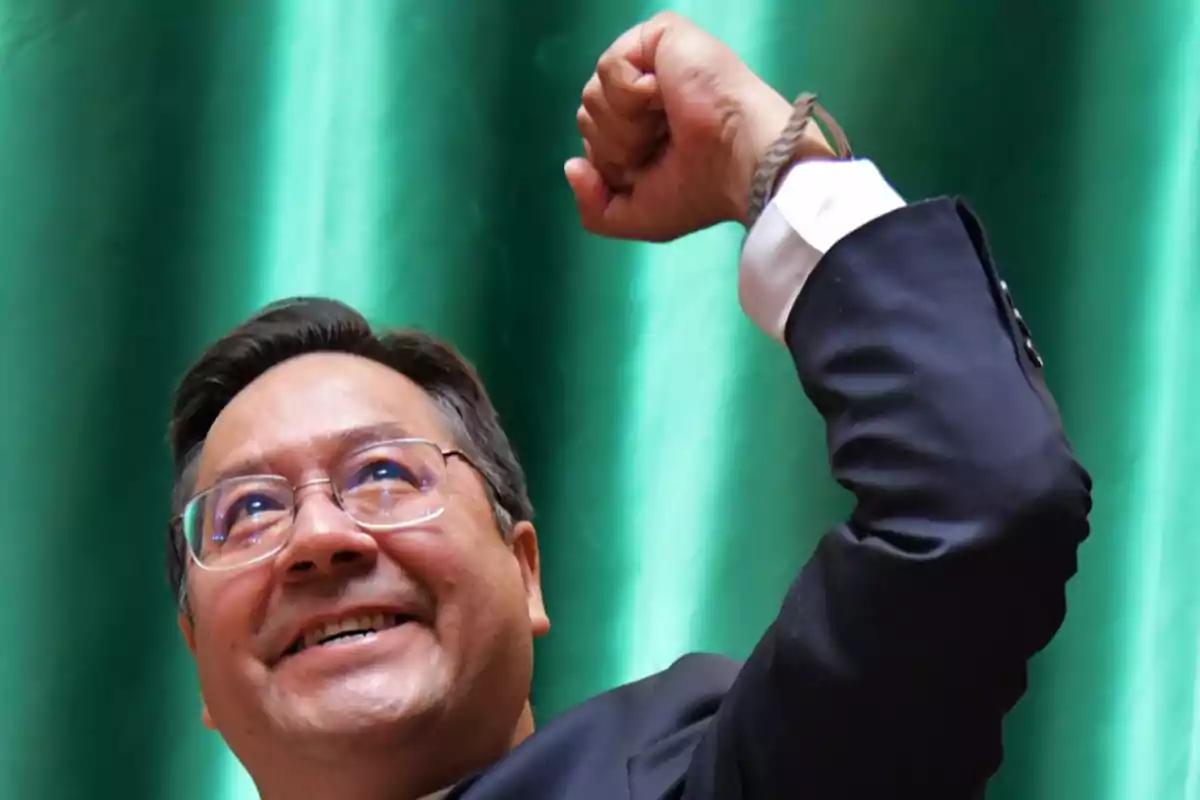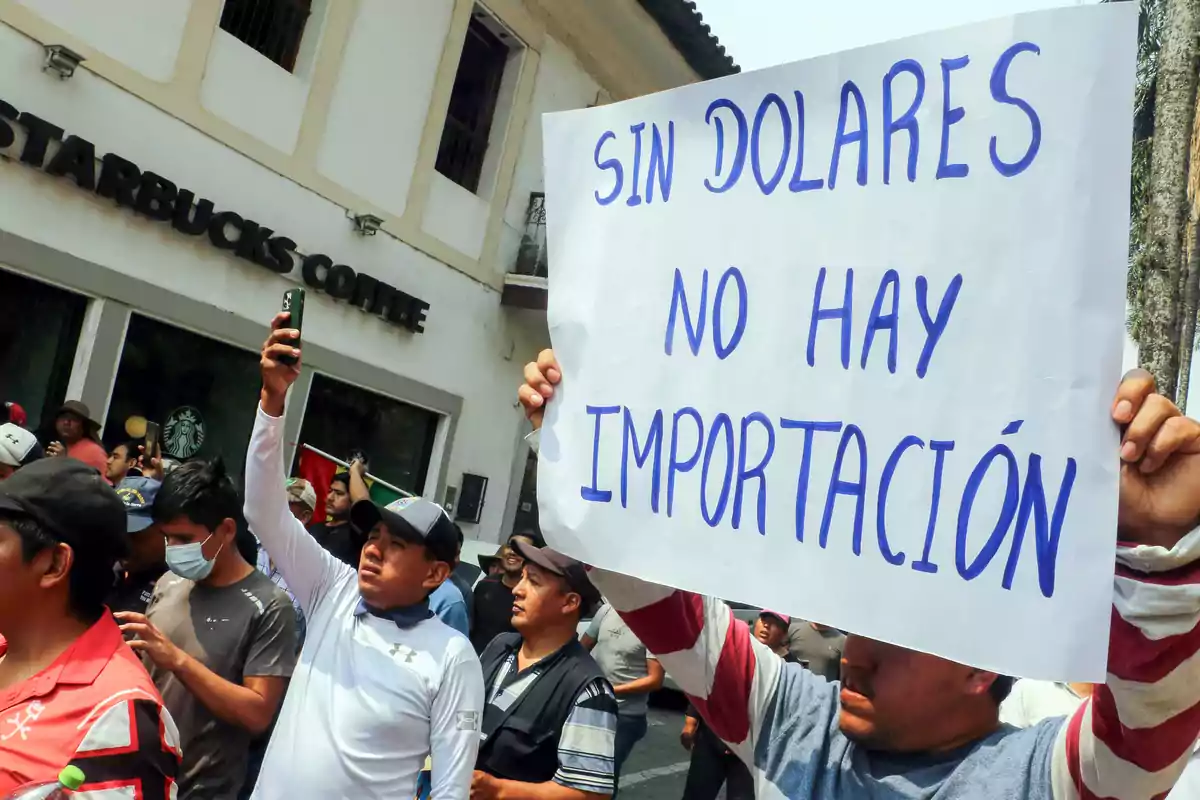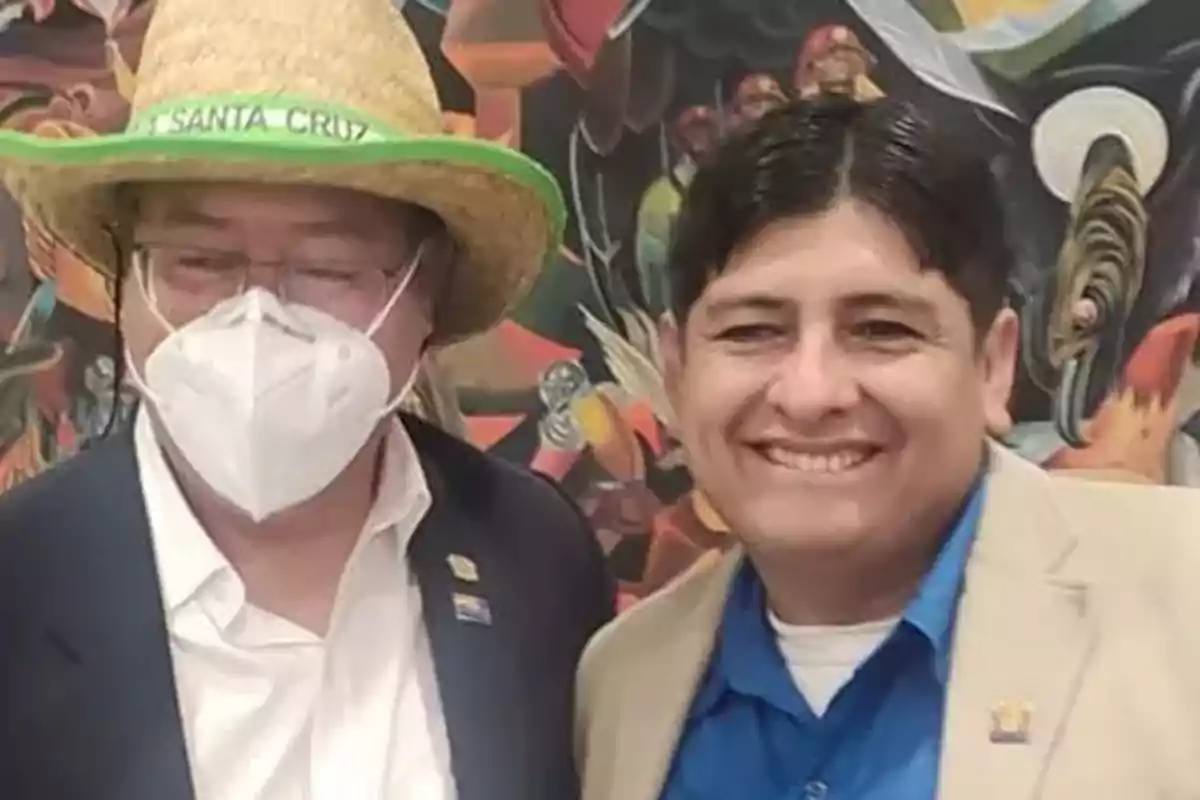
Unbelievable: Masistas requested that the Nobel Prize in Economics be awarded to Luis Arce
Despite the economic crisis, Masismo intends to intimidate the Academy of Sciences into delivering the distinction
The deputy Rolando Cuéllar surprised the country on Tuesday by announcing that he would propose President Luis Arce for the Nobel Prize in Economics. The parliamentarian, loyal to the Movement for Socialism (MAS), highlighted the economic stability that, according to him, has been maintained under Arce's management. According to Cuéllar, the socialist economic model has been successful and he claims that many countries look to Bolivia as an example to follow.
Cuéllar argued that, unlike other nations where currencies have devalued, the boliviano has remained strong. He also assured that the Bolivian economy remains solid despite the global crisis. In his view, President Arce has managed to maintain the economic balance that many governments have not been able to.
Cuéllar's proposal has also been seen as an attempt to divert attention from the growing economic difficulties in Bolivia. In recent months, the country has faced a severe fuel shortage and rising inflation affecting the poorest. Additionally, experts have pointed out that the Bolivian economy is in a structural crisis.
Economist Juan Pablo Suárez stated that since 2016 economic indicators have been worsening. The lack of dollars in international reserves and the growing difficulties in importing basic products are suffocating the population. Inflation has reached worrying levels, affecting the purchasing power of Bolivians, making Cuéllar's proposal seem like a mockery.
Meanwhile, businessman Marcelo Claure has also been critical of the government's economic management. On his social media, Claure denounced that Bolivia is on the brink of economic collapse.
He also assured that the country is mired in a crisis of poverty and unemployment, caused by erratic economic policies. Claure also questioned the lack of a suitable investment climate in the country. According to the businessman, these situations have led many entrepreneurs to seek opportunities outside the country.
Is there no crisis for the regime?

Meanwhile, Luis Arce's regime has maintained that there is no crisis in the country. The president has argued that the economic difficulties are inherited from Evo Morales's mandate. However, analysts like Ruddy Sanguino and Suárez assure that the current crisis is the result of poor economic decisions during this government.
The lack of investment in production and excessive restrictions are, according to them, hindering the country's growth. On a social level, the situation is increasingly desperate for many Bolivians. Basic household products have become more expensive, and the lines at gas stations are a reflection of the economic paralysis.
In the agricultural sector, thousands of hectares are at risk due to the diesel shortage, which could further aggravate the situation. Producers express their desperation, as they can't harvest their crops or fulfill their export contracts.
Amid all this, the government continues to face criticism for the lack of measures to improve the situation. Economist Jaime Dunn has pointed out that the country is at a financial crossroads. Despite the dollar shortage, the government continues to prioritize external debt payments instead of investing in the productive apparatus.
The external debt problem is one of the most concerning in this context. According to Fitch Ratings, Bolivia is on the brink of a liquidity crisis. The government is using its reserves to meet debt payments, further reducing investment possibilities.

Analysts warn that if this trend continues, Bolivia could face difficulties in meeting its financial obligations in the future. Additionally, Bolivia's credit rating has been downgraded, reflecting the growing economic risk. The lack of foreign currency and rising interest rates are severely affecting Bolivians' ability to access credit and finance their projects.
The current context in Bolivia is one of growing uncertainty. The government insists there is no crisis, but the lack of fuel, uncontrolled inflation, and increasing poverty are clear signs that the country is facing serious economic problems. Cuéllar's proposal to nominate Arce for the Nobel Prize in Economics seems like a strategy to divert attention from these serious issues.
It is contradictory that those responsible for the current economic crisis are now seeking international recognition when the policies implemented under their management have caused unemployment, inflation, and a shortage of basic resources. MAS seems to believe that these awards are given for political affinities and not for real merits. This attitude shows a lack of self-criticism and a dangerous view of awards as a propaganda tool.
More posts: